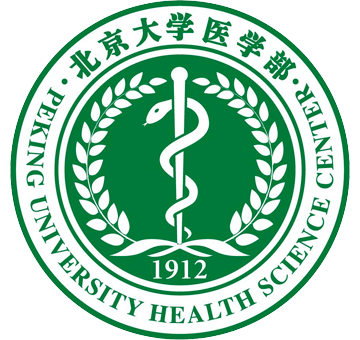Compliance
I am a faculty at Michigan Medicine and the JI project that I am working on with my collaborators at PKUHSC utilizes a biorepository which is already IRB-approved. Can I skip the IRB submission?
No. At the minimum, an amendment needs to be submitted in eResearch adding Joint Institute as a funding source with a copy of full proposal uploaded for IRBMED’s review and approval.
I am a faculty at Michigan Medicine and we are not recruiting human subjects in the U.S. I already receive IRB approval from my end while my partner at PKUHSC is still waiting for their IRB approval. Can we start working on the project at Michigan?
No. Both sides will need to have regulatory approvals prior to project initiation. For more information, please refer to the Joint SOP for IRB Review.
What is Joint Institute’s policy on Data Usage Agreement (DUA) and Material Transfer Agreement (MTA)?
Study teams at Michigan Medicine and PKUHSC should follow each institution’s regulatory requirements in respect to data and material transfer. For instance, at Michigan Medicine, if limited data sets are transmitted outside of U-M covered entities, a DUA should be pursued as with other research projects; likewise, if samples are being transferred from U-M to PKU, our institutional requirements should be followed to establish pertinent material transfer agreements (MTA). In other words, getting funded through the JI does not create any exception to these compliance requirements. Please refer here for or more information regarding agreement types and take appropriate actions as applicable.
The Chinese Ministry of Science and Technology (MST) is asking the PKUHSC team to obtain an approval for collecting, exporting, and sharing human genetic resources. What does this mean?
The Ministry of Science and Technology of the People’s Republic of China has a written policy regulating the collection, sale, export and export of human genetic samples. The PKUHSC team should start the application process as soon as possible to avoid any delay in study initiation.
Finance
How does the Joint Institute office manage our post-award compliance after funding release?
The JI office will be in communication with each project team’s principal investigator and post-award manager to ensure everything is on track from the financial perspective. Each quarter, the PI and post-award manager will receive a Quarterly Financial Report; if there are any discrepancies, please contact the JI office immediately for remediation.
We received award notification a few months ago, but we are still waiting for IRB approvals from both sides. Is this going to take away from our two-year project period?
No. The two-year project period starts when the year-one funding is released, which is always after regulatory approvals.
Can we reallocate budget during the project period?
For any budget allocations that are “cross-category” (i.e., moving budget from salary to laboratory supplies), a justification needs to be submitted, reviewed, and approved by the JI leadership prior to implementation.
We are asked to provide a departmental Shortcode prior to funding release. Why?
The JI office is committed to providing support and guidance during the project period. However, for unapproved expenses or account deficits that are failed to resolve, the departmental shortcode may be charged against to ensure good financial stewardship.
Who should we add as Concur approver?
For JI related expense reports, please add Dr. Amy Huang (uniqname: yanhuang) as your Concur approver in addition to your regular departmental approval requirements.
Travel
I plan to travel to China to meet with my collaborator in person. How do I get started?
You will need to submit the JI Travel Request Form at least 60 days prior to departure for Dr. Joseph Kolars’ approval. For symposium travels to Beijing, China, a travel request form is not required as it is an expected travel arrangement under the JI award.
I have never been to China, and I need to get my visa process started. Any recommendation?
Global REACH office recommends Perry International to help with visa processing.


